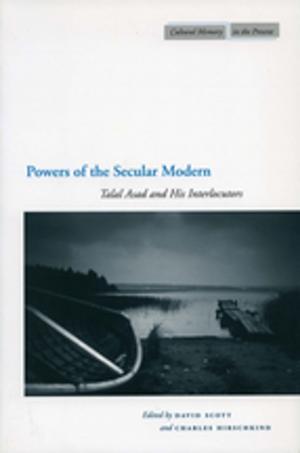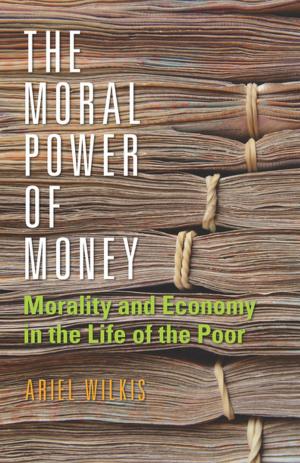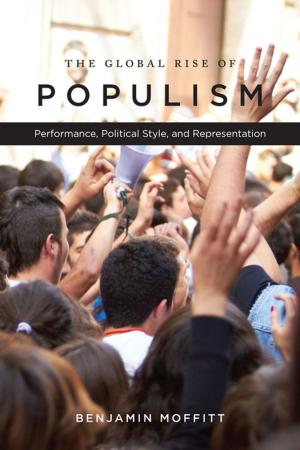Milton and the Post-Secular Present
Ethics, Politics, Terrorism
Fiction & Literature, Literary Theory & Criticism, British| Author: | Feisal Mohamed | ISBN: | 9780804780735 |
| Publisher: | Stanford University Press | Publication: | August 9, 2011 |
| Imprint: | Stanford University Press | Language: | English |
| Author: | Feisal Mohamed |
| ISBN: | 9780804780735 |
| Publisher: | Stanford University Press |
| Publication: | August 9, 2011 |
| Imprint: | Stanford University Press |
| Language: | English |
Our post-secular present, argues Feisal Mohamed, has much to learn from our pre-secular past. Through a consideration of poet and polemicist John Milton, this book explores current post-secularity, an emerging category that it seeks to clarify and critique. It examines ethical and political engagement grounded in belief, with particular reference to the thought of Alain Badiou, Jacques Derrida, Jürgen Habermas, and Gayatri C. Spivak. Taken to an extreme, such engagement produces the cult of the suicide bomber. But the suicide bomber has also served as a convenient bogey for those wishing to distract us from the violence in Western and Christian traditions and for those who would dismiss too easily the vigorous iconoclasm that belief can produce. More than any other poet, Milton alerts us to both anti-humane and liberationist aspects of belief and shows us relevant dynamics of language by which such commitment finds expression.
Our post-secular present, argues Feisal Mohamed, has much to learn from our pre-secular past. Through a consideration of poet and polemicist John Milton, this book explores current post-secularity, an emerging category that it seeks to clarify and critique. It examines ethical and political engagement grounded in belief, with particular reference to the thought of Alain Badiou, Jacques Derrida, Jürgen Habermas, and Gayatri C. Spivak. Taken to an extreme, such engagement produces the cult of the suicide bomber. But the suicide bomber has also served as a convenient bogey for those wishing to distract us from the violence in Western and Christian traditions and for those who would dismiss too easily the vigorous iconoclasm that belief can produce. More than any other poet, Milton alerts us to both anti-humane and liberationist aspects of belief and shows us relevant dynamics of language by which such commitment finds expression.















